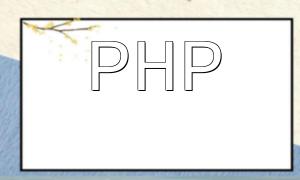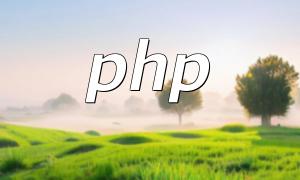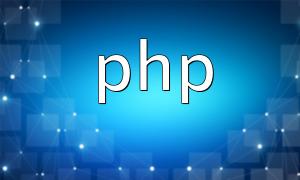Cross-Site Scripting (XSS) is a common security threat where attackers inject malicious scripts into users' browsers, potentially executing unauthorized actions. PHP frameworks can effectively protect against XSS attacks using several methods.
Output escaping involves representing HTML special characters with specific codes to prevent the browser from interpreting them as executable code. PHP frameworks typically provide functions such as htmlspecialchars() for output escaping.
echo htmlspecialchars($input);
Input filtering validates and cleans user-submitted data to remove potentially malicious characters. PHP frameworks often include built-in filtering functions, or developers can use third-party libraries for this purpose.
$input = filter_input(INPUT_POST, 'username', FILTER_SANITIZE_STRING);
Setting HTTP security headers can restrict browsers from executing malicious scripts. The Content-Security-Policy (CSP) header specifies allowed sources for scripts, while the X-XSS-Protection header enables browser-level XSS filtering.
header("Content-Security-Policy: default-src 'self'");
Laravel provides several tools to prevent XSS, including e() and htmlspecialchars() for output escaping, and strip_tags() and urlencode() for input filtering.
{{ e($user->name) }}
Symfony offers the Escaper component for output escaping and the Validator component for input validation and filtering, helping developers build secure web applications.
$escapedOutput = $escaper->escapeHtml($input);
By implementing output escaping, input filtering, and HTTP security headers, PHP frameworks can significantly reduce the risk of XSS attacks and protect web applications effectively.









